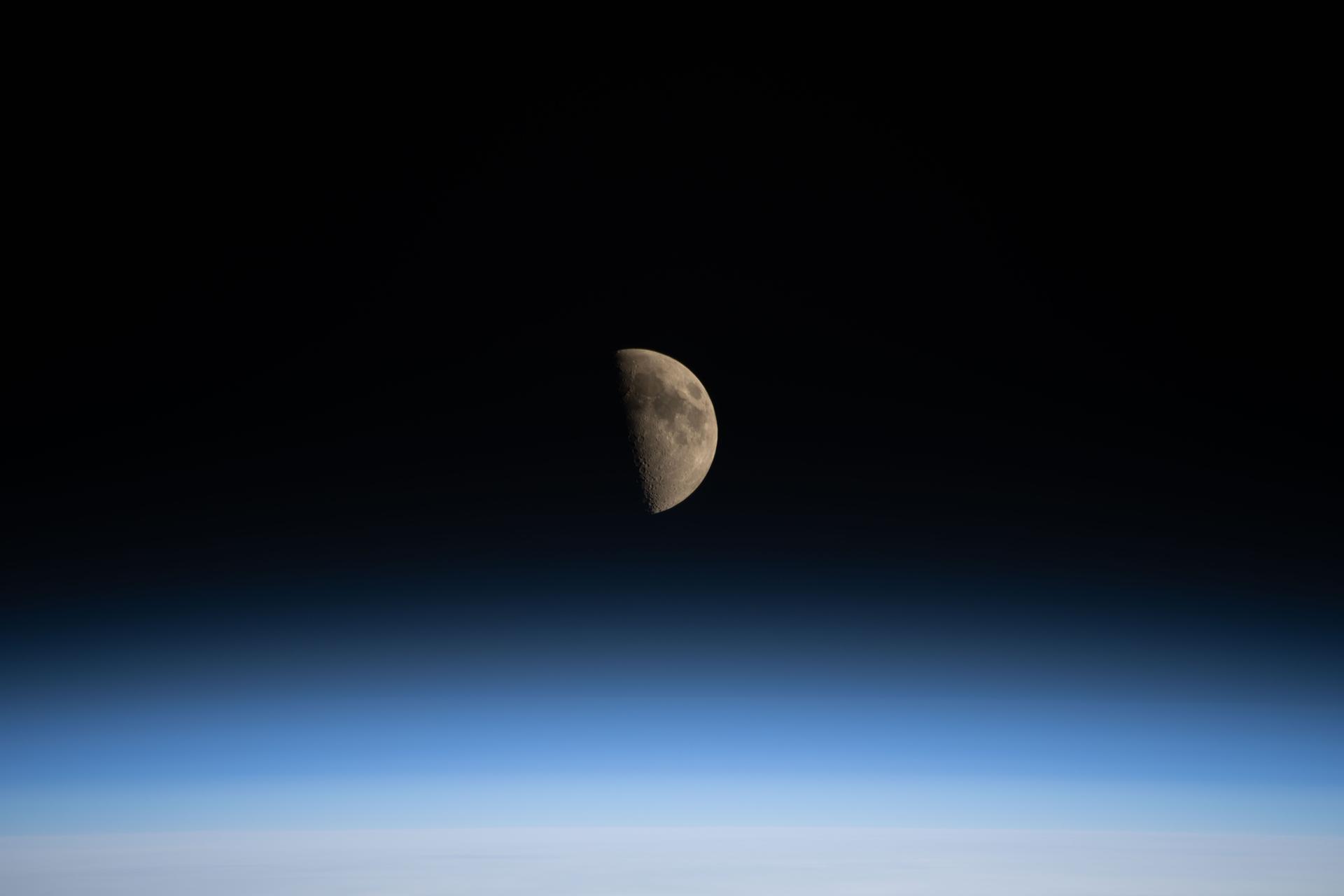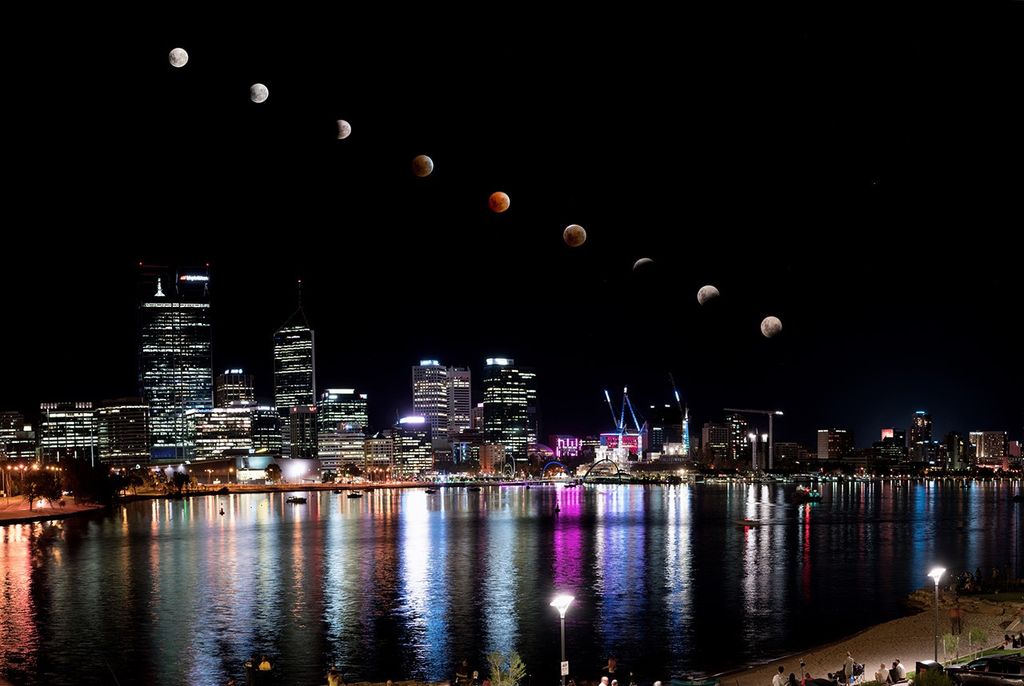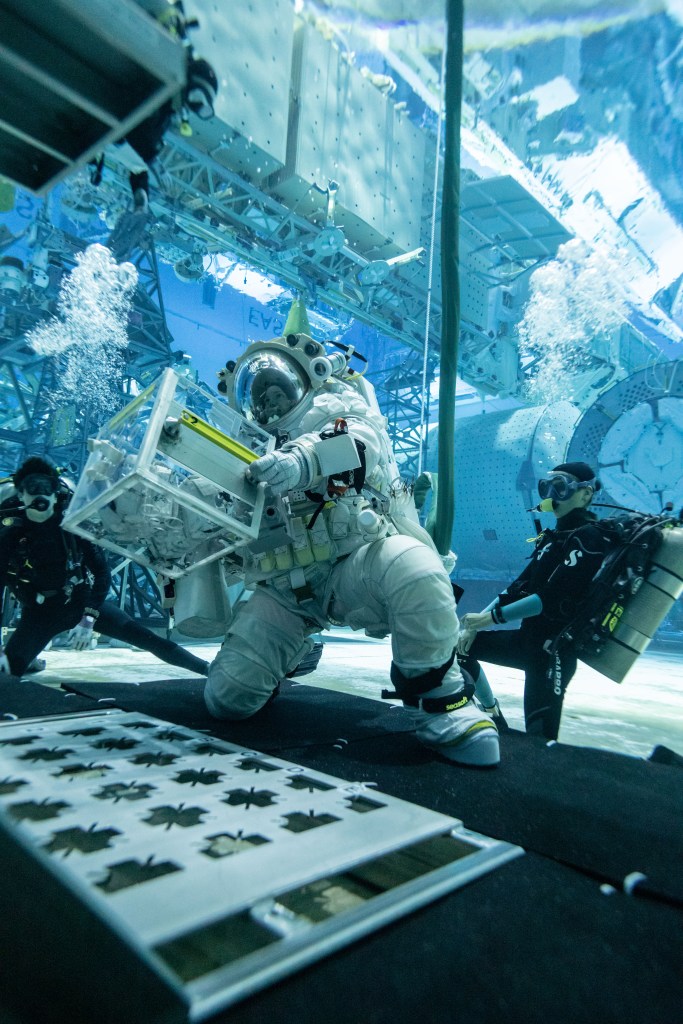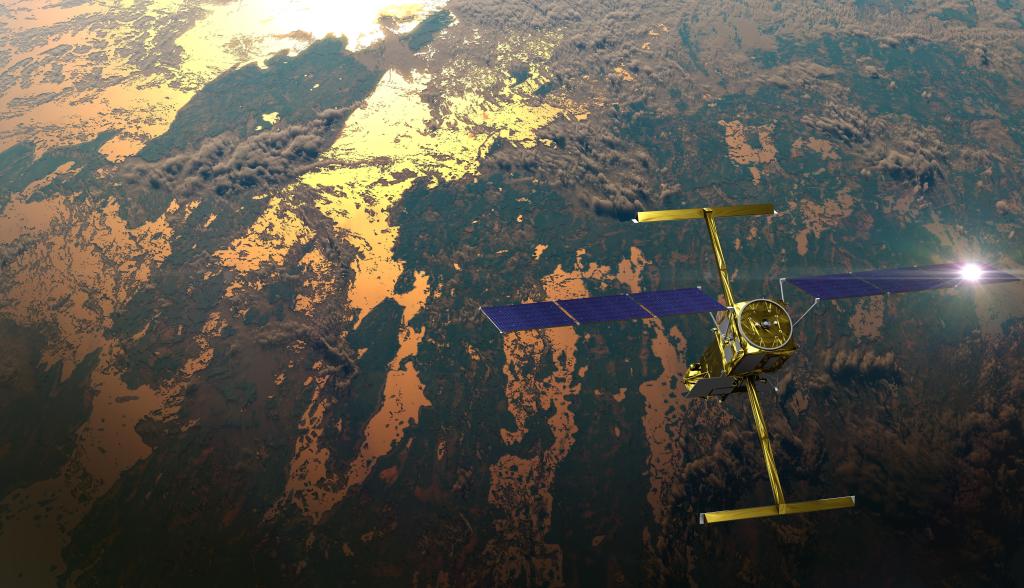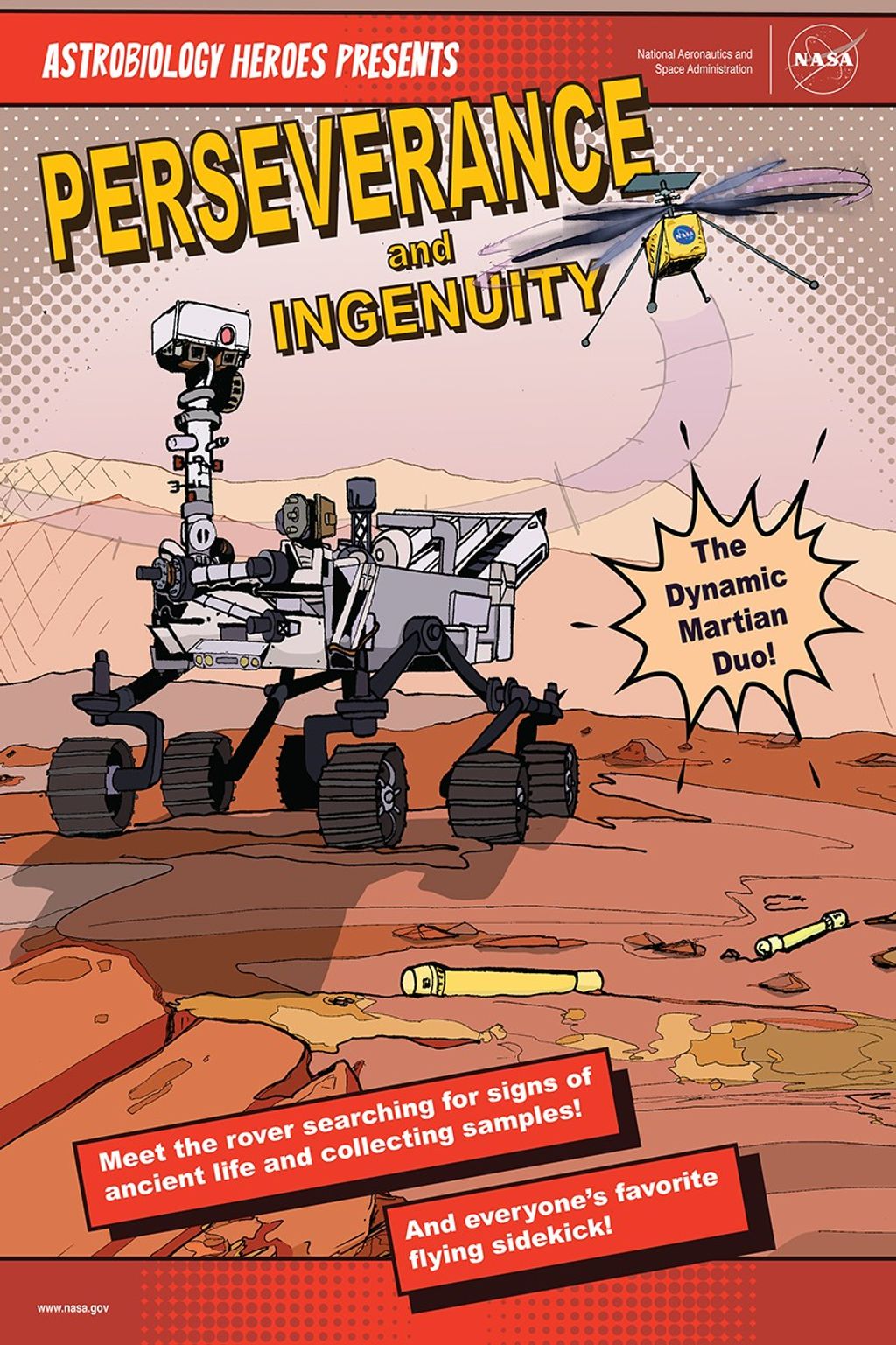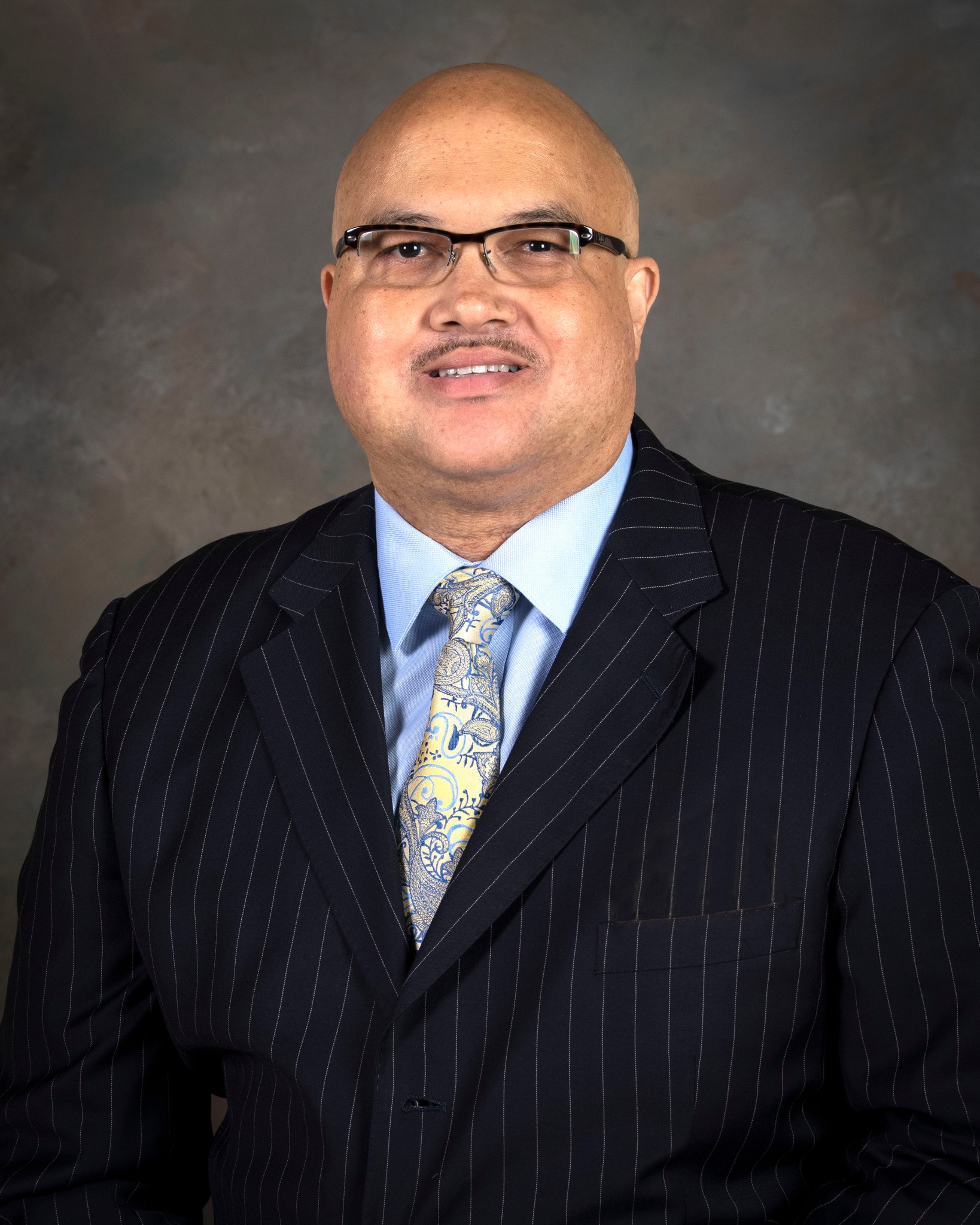Brett Smith is a materials engineer with a Bachelor of Science degree in mechanical engineering from Southern University in Baton Rouge, Louisiana and has worked at NASA Marshall Space Flight Center for nearly 30 years.
What is your job and how do you support the NASA mission?
I am a materials engineer assigned to the Materials & Processes (M&P) Laboratory – M&P Engineering Support Office. I’m involved with supporting NASA-wide program and project tasks related to engineering policies, standards, and practices.
Currently, I’m on a one-year detail to the Systems Engineering and Integration Division’s technical management branch within the Spacecraft and Vehicle Systems Department. During my detail, I will serve as the technical liaison between Kennedy Space Center Landing Systems Ground Operations and prime contractor Dynetics in support of NASA’s Human Landing Systems.
Who or what inspired you to choose your career and why?
There were three factors that led me to pursue engineering – my parents, Southern University, and seeing first-hand that three of my hometown friends pursued engineering at Auburn University and Tuskegee University.
As a child, my parents would often bring me to the U.S. Space and Rocket Center whenever we came to North Alabama to visit my maternal grandmother. Then, when I was a student at Andalusia High School in Andalusia, Alabama, I participated in the Engineering Summer Institute (ESI) on the campus of Southern University. Over the course of 4-6 weeks, I began to really see myself as an engineer. There were also three guys from Andalusia for whom I had a tremendous amount of respect. They were pursuing different engineering degrees at Auburn and Tuskegee.
I chose mechanical engineering because I felt it was the most diverse of the engineering disciplines, and since I would tinker and tear up things growing up, mechanical seemed like a natural fit for me. I like to think that I am an example of the adage that says it takes a village to raise a child. I am grateful for all my village poured into me.
What do you find most rewarding about being an engineer with NASA?
NASA is consistently ranked as the Best Place to Work in the federal government. This alone makes coming to work easy. During my career, I’ve been very fortunate to have a multitude of opportunities to work on some amazing projects. To me, being an engineer at NASA equates to career flexibility, while tackling some of the most challenging technical problems and supporting space exploration and operations.
What do you find most challenging about your job?
I typically think outside the box and what some may see as a challenge, roadblock, or problem, I look at through a different lens and see it as an opportunity – an opportunity to streamline and make it better, an opportunity to improve a process, and even as an opportunity to expand my toolbox.
What do you enjoy doing outside of work?
When I am not supporting my daughter during her high school and club volleyball seasons, or my son during his high school football and basketball seasons, I like to travel, mentor, take family trips to the beaches in the panhandle of Florida, dibble-n-dabble with photography, and listen to jazz. I am a small-town country boy at heart and eventually plan to start a garden.
You graduated from an HBCU (Historically Black College or University). Why was this important to you and what was most meaningful about your experience?
I was introduced to the HBCU world early because my parents, godmother, and first mentor were all graduates of Alabama State University in Montgomery. As I grew older, I began to see the relationships and bonds that were formed at Alabama State and it became apparent to me that I wanted a similar college experience for myself. I chose Southern University because of the solid reputation of the engineering program and my participation in the Engineering Summer Institute.
At Southern, I grew and matured in ways I would not have imagined. The professors had an open-door policy. They all encouraged you to think outside of the box, then speak and share your ideas with confidence. I had some amazing study groups, and I developed some life-long friends during my time on the yard.
It is written in our alma mater, “O Southern, Dear Southern, Thy praises we shall sing…O Southern, Dear Southern, We owe our all to thee…O Southern, Dear Southern, Thy name will ever be.” These are true testaments to my HBCU experience.
Do you think diversity and inclusion are important for NASA to achieve success?
Diversity and inclusion are both elements that make the world a better place and will inevitably allow NASA to continue to achieve success. When they are fully embraced, the result is a better product, a more complete product because of the different perspectives that have been involved in the process. They also enable an organization to attract the best of the best and the brightest of the brightest. There are intangible and tangible benefits that can be gained from fostering diversity and inclusion, which ultimately empowers an organization to reach its full potential.
In February, we celebrate Black History Month. Who has inspired you the most in Black history and why?
As an avid Pittsburgh Steelers fan, Head Coach Mike Tomlin is one of my inspirations. Tomlin is the youngest head coach to win a Super Bowl and currently the winningest minority coach in NFL history.
Next on my list is a Southern University alumnus Dr. Morgan Watson. He was featured discussing his experiences in a book I read authored by Richard Paul and Steven Moss, called “We Could Not Fail: The First African Americans in the Space Program.” Over the years, I have occasionally had an opportunity to meet and chat with Dr. Watson, and I find his nuggets of wisdom quite fascinating.
Last, but certainly not least, are my parents. I owe everything that I am to them. They encouraged me to pursue my passion and be resilient in that pursuit. As educators, they encouraged me to follow the STEM path. When my father was earning his second master’s degree from Alabama State, he shared some of the summer research he conducted at Kennedy Space Center.
What advice would you give young people who might be interested in pursuing a career in STEM (science, technology, engineering, and math)?
I often recruit and participate in the NASA Awareness Day events on the campuses of HBCUs and other minority serving institutions. The following are three points I share when I speak to the students:
- Find a college, or university, that will make you better when you leave.
- Find a study group to get engaged with because you’ll learn more from group study sessions than studying solo.
- No one is exempt from challenges in life so always keep your confidence because there will be hurdles and obstacles you will encounter – they will come, they just don’t have to overcome. Always fight the good fight of faith.

